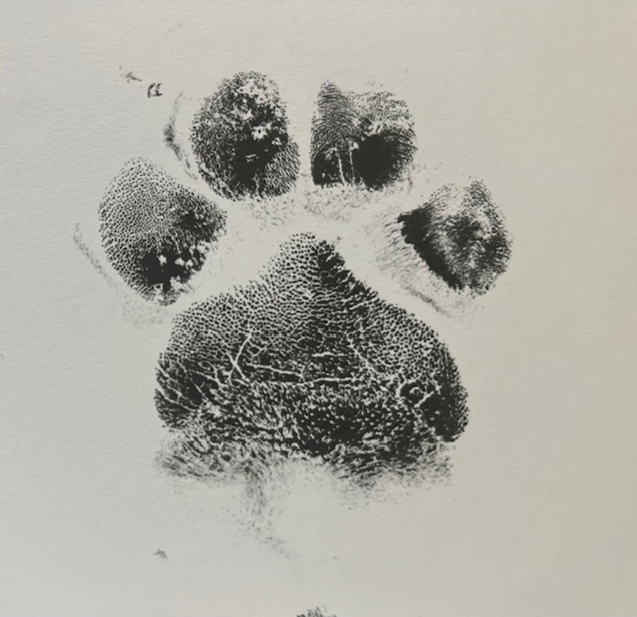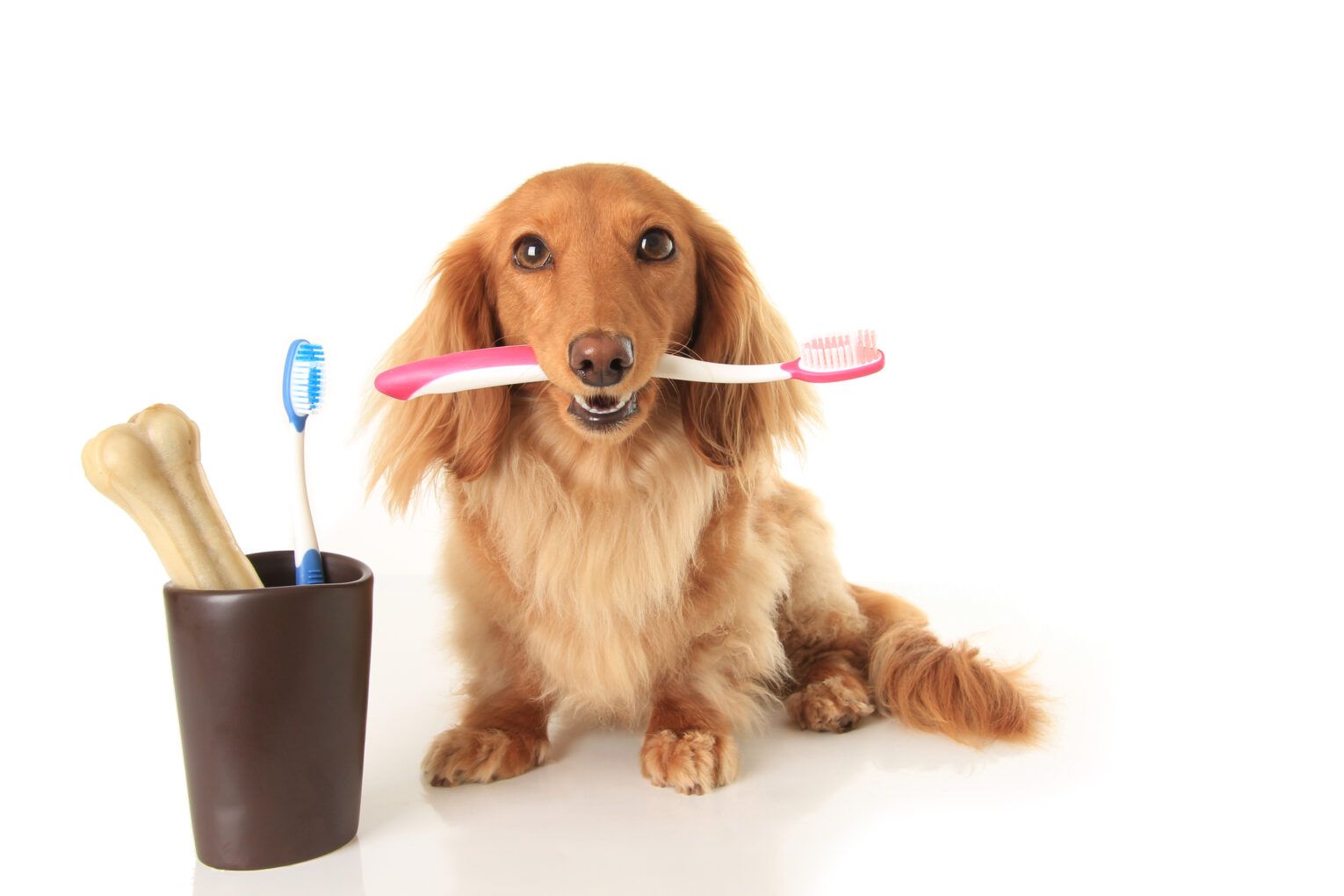Puppy Preventive Healthcare
Puppy Vaccination & Safe Socialisation Guidelines
Newtown Veterinary Clinic offers a preventative healthcare program tailored to the unique needs of your pet. This program is based on current research and recommendations from global vaccination guidelines and information from vaccine and preventative care medication manufacturers.
The guidelines are continually evolving, and recommendations may vary depending on disease prevalence, environmental conditions and your puppy’s lifestyle and risk of disease exposure. Our vets work collaboratively with pet owners to create the best preventative healthcare plan.
Vaccinations
There are 4 main infectious diseases that we routinely vaccinate for:
- Canine Parvovirus (aka. Parvo)
- Canine Infectious Hepatitis (aka Adenovirus)
- Canine Distemper Virus (aka Distemper)
- Canine Cough (aka Kennel cough)
- Bordetella Bronchisepta
- Parainfluenza Virus
We vaccinate for Parvo, Distemper and Adenovirus because they have the propensity to become very severe, even fatal, in dogs and even more so in puppies. Through routine vaccination, we can minimise the likelihood of your pet contracting these diseases.
Kennel Cough is caused by two main viral factors (some bacteria are also involved; however, we cannot vaccinate against bacteria). It is a disease that is spread rapidly through large congregations of dogs (such as those in a boarding kennel or at a dog park). It causes clinical signs of coughing with lots of mucous production. Through vaccination, these clinical signs can be minimised, and the effects disease lessened.
Vaccinations for puppies require a total of 3 boosters.
The timeline for these is as follows:
- 1st vaccination: 6-8 weeks of age
- 2nd vaccination: 10-12 weeks of age
- 3rd vaccination: 16 weeks of age
- Adult vaccinations: occur yearly after the completion of the 3rd puppy vaccine
The chart at the end of this document displays how this coincides with other preventative healthcare measures.
Parasites (Internal and External)
There are 4 main parasites that we prevent for:
- Fleas
- Ticks / mites
- Intestinal worms
- Heartworm
Current recommendations suggest that puppies should receive a worming product once every two weeks until they are 12 weeks old, then once a month until they are 6 months old, and finally at regular intervals for life. Some products require monthly application, others require once every 3 months. Your vet/nurses will discuss with you which option may be best for your family.
Fleas and Ticks/Mites
These parasites attach to the animal on the skin. These ectoparasites are easily prevented by the application of a parasite prevention product.
Intestinal Worms
Dogs can be affected by a few different kinds of worms, namely roundworm, whipworm, hookworm and tapeworm. All of these find homes in the intestines of our pets and can cause varying signs of disease (some cause diarrhoea, others cause intestinal bleeding). These intestinal parasites can be prevented by the application of a parasite prevention product.
Heartworm
As is suggested by the name, heartworm is a worm that lives in the heart. This worm can go undetected, and some animals can live with this parasite and never show clinical signs. However, for those that do show clinical signs, treatment options are limited. It is for this reason that we strongly suggest finding a parasite prevention product which covers heartworm in addition to the intestinal worms and ectoparasites.
Diet
All puppies require a diet that is rich in nutrients and suited to the needs of growing. As such, we recommend a diet that is specifically for puppies. Your vet can assist you in choosing a pet food suited for your family.
Desexing
Desexing is not recommended before 6 months of age. When to desex your dog does depend on various factors including breed, size and health. We will discuss the ideal time to desex your dog to ensure the best outcome.
Socialisation
We advocate for the early socialisation of puppies between 6 and 16 weeks of age, which is the essential learning stage for behavioural development.
For all puppy social experiences before vaccinations are complete, owners should maintain vigilance by following these steps:
- Avoid areas frequently visited by dogs with unknown vaccination or disease status
- Early socialisation is best achieved if you know and can organise socialisation with other puppies or dogs that are known to be healthy and vaccinated
NVC’s Puppy Preschool classes are conducted in a safe and clean environment, each puppy that attends must be up to date with vaccinations. This is the best way to ensure we don’t exposure you puppy to any potential illnesses and diseases.
Identification
All dogs are required to be microchipped. Most often, the microchip is implanted when the puppies are still with the breeder. It is the new owner’s responsibility to ensure that the details are updated. This requires a “change of ownership” form to be completed. Once this form is completed, it must be submitted to council, where it will be processed and updated on the registry.
Our team can assist you in checking that your details are up-to-date.




